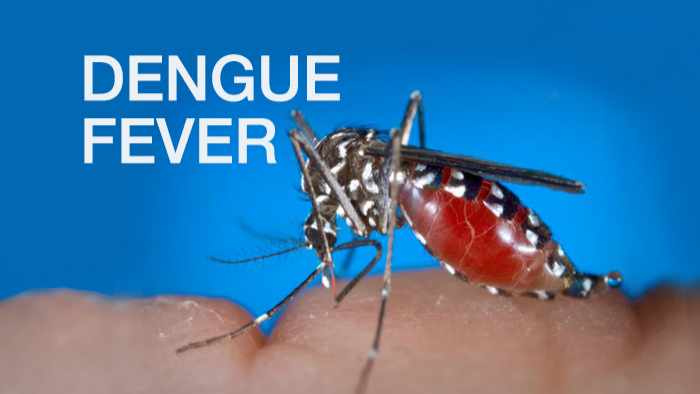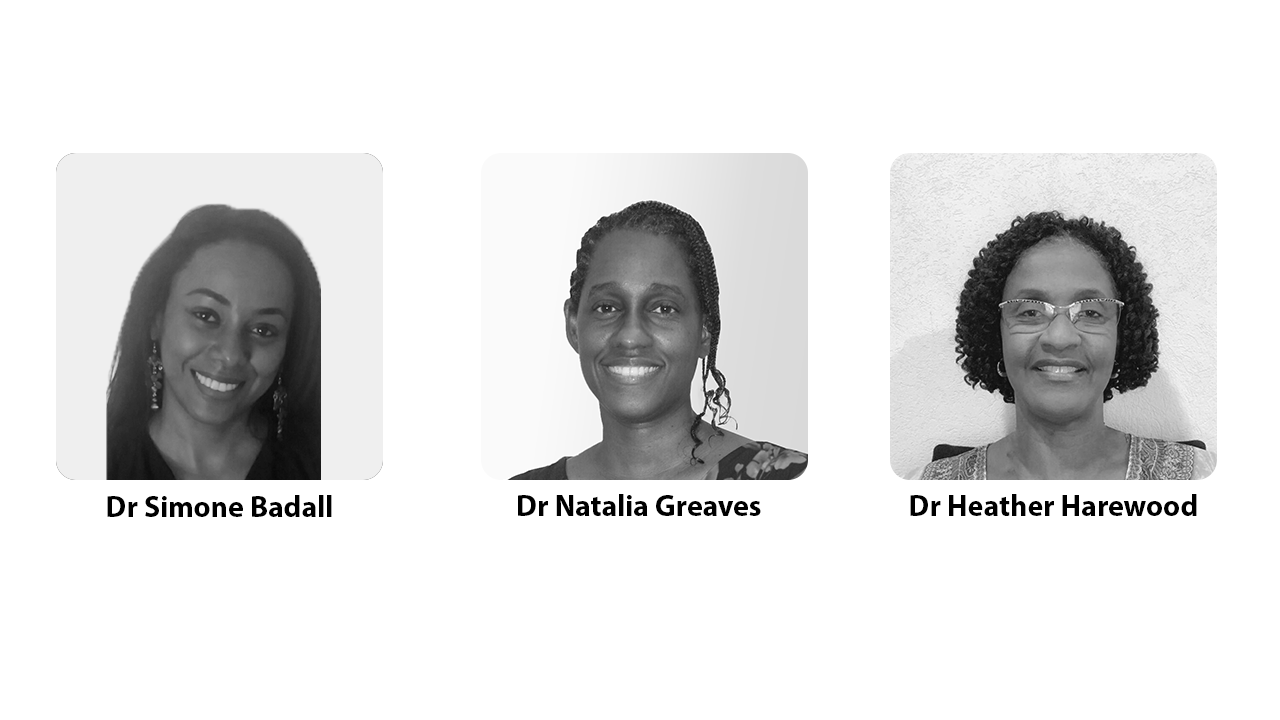Since 2010, the number of new HIV infections across the Caribbean has decreased by 18 per cent, the Pan American Health Organisation/World Health Organisation (PAHO/WHO) has revealed.
However, the PAHO/WHO has noted that the rate of new infections across Latin America over the same eight-year period remains at approximately 100,000 per year, a decrease of one per cent.
The disclosures were made in a statement from the two international health agencies marking World AIDS Day, which is being celebrated today under the theme: “Know Your Status.”
The PAHO/WHO report that over 2.1 million people are living with HIV in Latin America and the Caribbean and that 1.6 million know their status.
“Knowledge of HIV status, combined with increased access to antiretroviral treatment in the region, has led to a 12 per cent drop in AIDS-related deaths in Latin America and a 23 per cent drop in the Caribbean from 2010 to 2017,” the agencies revealed.
Dr Marcos Espinal, Director of the PAHO/WHO Department of Communicable Diseases and Environmental Determinants of Health, acknowledged that the Region of the Americas has made important progress in the fight against AIDS.
He says this is due, among other things, to the fact that over three-quarters of those persons living with HIV have been tested and almost 80 per cent of them are now getting treatment.
“World AIDS Day reminds us that despite these gains, one in four people with HIV in the region still don’t know they have it, have not begun treatment and are therefore at greater risk of dying prematurely and infecting others,” Espinal said.
According to the PAHO/WHO, a majority of new HIV infections in the Region occur in gay men and other men who have sex with men, which represent 41 per cent of new cases in Latin America and 23 per cent in the Caribbean.
Sex workers and their clients, transgender women and people who inject themselves with drugs are also disproportionately affected by HIV, the agencies noted.
“Currently, one third of people with HIV in Latin America and the Caribbean only get diagnosed after becoming ill and symptomatic, when their immunity has already been seriously compromised and after exposing their sexual partners to possible transmission of HIV,” the PAHO/WHO statement said.
As a result, it said testing is a vital element in preventing further spread of the virus and ensuring that those with HIV have a better quality of life.
This year is the 30-year anniversary of World AIDS Day, which provide an opportunity to celebrate the success of this pioneering global health campaign, and initiatives in place all over the world to tackle the AIDS epidemic.
The PAHO/WHO says it is also an important reminder that despite the progress, the world cannot become complacent in its response to HIV.




